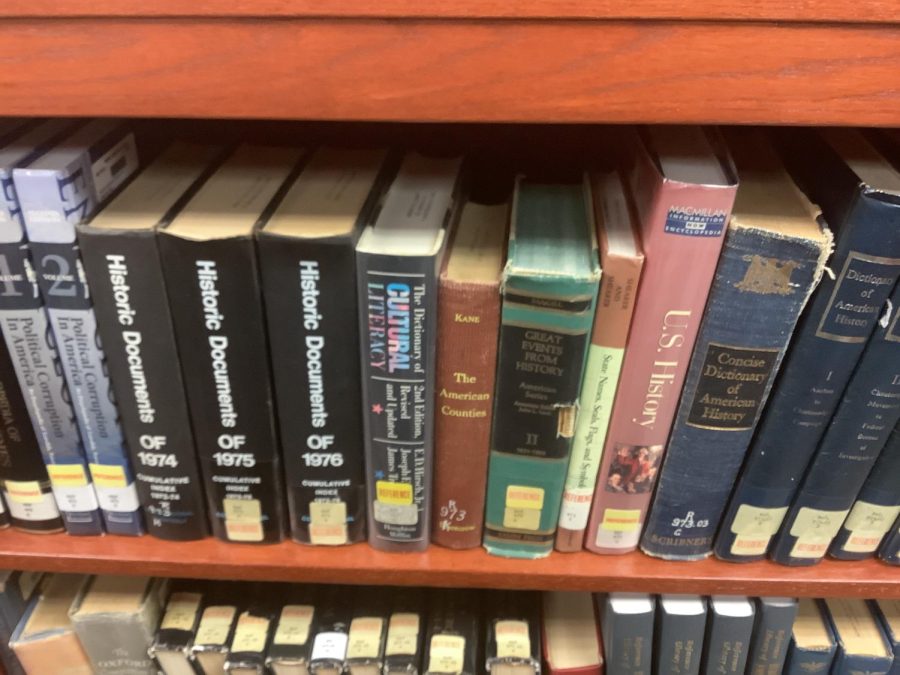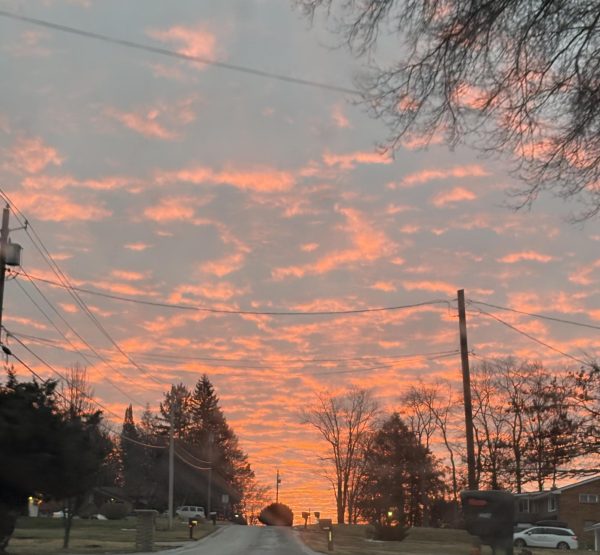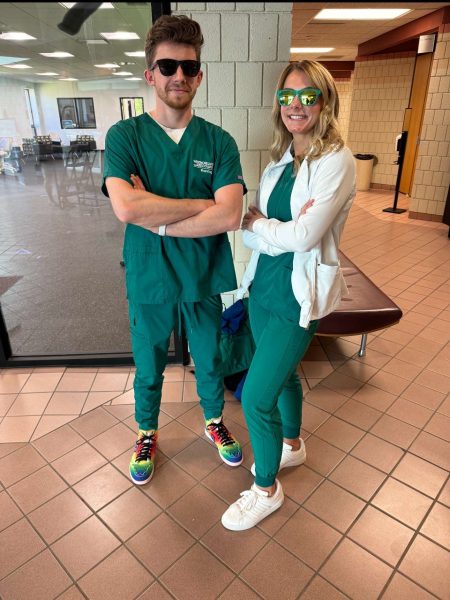We’re history
Why it’s important to study history, especially right now
The first English settlement was founded in 1607. The Civil War was fought from 1861 to 1865. Ben Franklin was never the president. The 13th Amendment abolished slavery. Some might think these are very basic facts, but some students do not know any of these.
Despite history being one of the main core classes in American schools, it seems that students today have become much worse at history class over the years. In 2012, a history test given by the National Assessment of Educational Progress concluded that only 12% of high school seniors in America were proficient in the test, effectively making it American students worst subject. This continues today with over half of Norwin students saying in a recent poll of over 60 students that they have mixed feelings about history class. This may not seem like a big deal at first, but this could be a horrible thing for the future of this country.
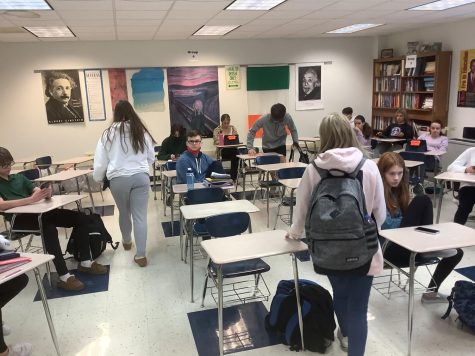
“We need to be able to learn from our past mistakes and not let them repeat,” said freshman Alaina Fonzi in the recent Norwin poll.
It is obvious that history has been able to repeat itself many times. You could look at the Great Recession and compare it to the Great Depression, or even multiple other pandemics such as the Black Death compared to the Covid-19 pandemic that is happening right now. One must remember how the Black Death ended with over a third of the European population dead. Some may point to these being coincidences, others point to the lack of knowledge of past events.
“I definitely think that there are common themes that we encounter as societies that continue to appear later on as we develop as a nation,” said Patrick MacLaughlin, teacher of honors US/PA 2. “While we may find solutions to issues in the short term, we don’t have the benefit of time to reflect back to see the impact of these decisions.”
These very similar events often lead to disaster in the end. Take the sinking of the Tek Sing and the Titanic, both resulting in multiple deaths due to poor judgement. We study history to not repeat.
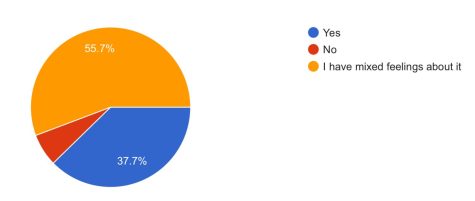
“We see kings rise and fall all through history because they don’t learn from the past,” said freshman Isabella Deering on the recent Norwin poll. America can still save itself from this fate, however, all we have to do is learn or teach about history better. Despite this, Norwin students continue to struggle in learning their own history.
In the Norwin poll, a history test (Take it for yourself here) was taken to test the historical knowledge of students. Although 70 percent of test takers indicated they would do well on the test; however, 33 out of 61 test takers got a failing score under 70 percent.There are many reasons to point to these low test scores in American schools. One of the main reasons, however, is the ease of looking up information and not paying attention in school.
“While the advancement of technology is important and developing minds who are capable of understanding and using this technology, we need to understand the impact of the creation of this technology, and prepare for it accordingly,” said MacLaughlin. “I’m not sure that Americans ever experienced a time where they understood history as much as they should, but as our focus as a society has changed, our knowledge of the impact of historical events has become less emphasized, unfortunately.”
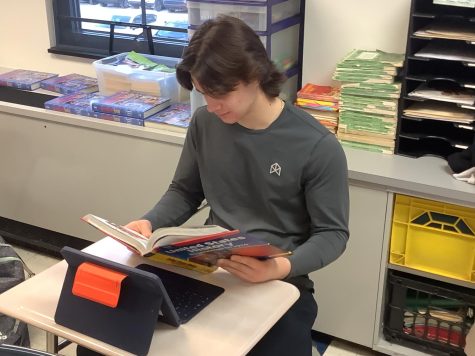
Also, in the Norwin poll, nearly 20 percent of students said that they receive most of their historical information from the internet rather than school or a textbook. Sometimes students really do not know why historical information can affect them and don’t pay attention to the reason why they should care about historical events and think that just knowing of their existence is suitable enough.
“I guess it’s good to learn what happened before but at the same time I don’t know why we learn about things that never affected us,” said a freshman on the Norwin poll. This is not always the fault of the students though. Some are challenged with the understanding of a historical event and sometimes it takes a few years for them to truly get how the event affected them.
“Trying to provide students with an understanding of these events without overwhelming them with factual information is difficult. Second, it can be a challenge to show students how these events are relevant in their lives,” said MacLaughlin. “Oftentimes, it takes several years of experience before students of history understand how and why certain historical events were relevant to them. If students can gain an understanding and appreciation of these things earlier, I believe they will have a much deeper understanding of these events.”
When an event happens that is extremely similar to another event, including the pandemic happening right now, even with our advancements in technology that most point to as the solution to our problems today, it’s still important to study why this event happened or else it will almost definitely definitely happen again.
“If we have an understanding of events that have happened in the past and an understanding of how we have attempted to solve these issues,” said MacLauglin. “We can (hopefully) come to a better understanding of how to deal with similar situations in the future.”
One must only hope for students to get back into history and even learning in general. If America is not able to get a student to pick up a textbook and study history then, this country will become exactly that: history. There are still efforts to be made to help students.
“I think if students have an appreciation for the decisions that are being made now having an impact on their future,” said MacLaughlin “it would make them become more invested in what has happened in the past.”


